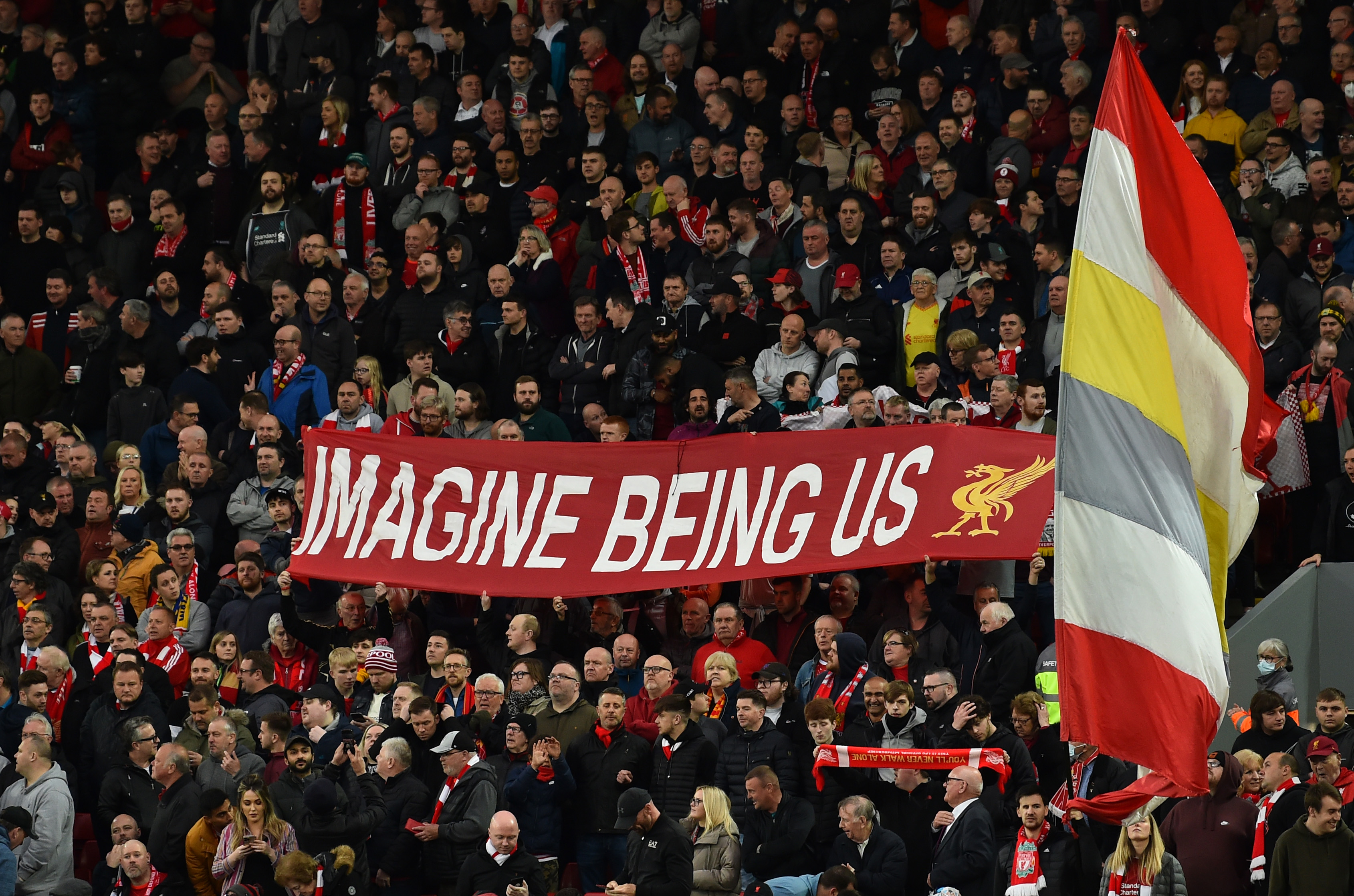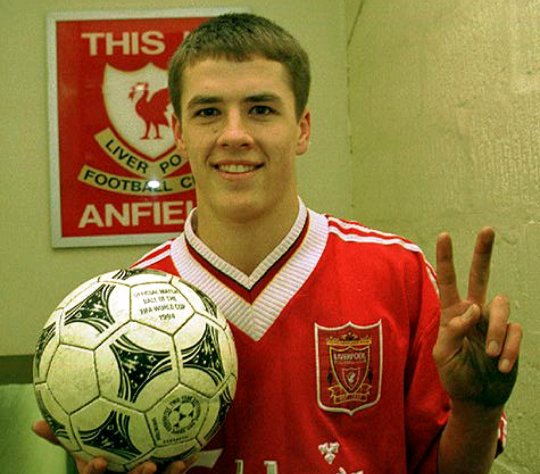In the heart of English football, where tradition and passion collide, the Premier League's fiercest rivalries unfold, captivating millions around the globe. These matchups are more than mere games; they are epic battles that divide towns, cities, and sometimes, even households.

They encapsulate the essence of English football, weaving a rich tapestry of history, pride, and an unyielding quest for supremacy. From the electric atmosphere of the Merseyside Derby to the strategic chess match of the Manchester Derby, each rivalry has its own unique flavor, contributing to the allure and magnetism of the Premier League.
At the core of these encounters is a deep-seated historical context that goes beyond the confines of football. Take, for example, the North West Derby between Liverpool and Manchester United, a rivalry steeped in the industrial past of England, where competition was not limited to football but extended to economic dominance. Each clash is a reminder of the cities' historical competition, making every encounter a fight for regional pride and historical one-upmanship.
Similarly, the North London Derby between Arsenal and Tottenham Hotspur transcends the game itself, embodying the fierce local rivalry that has existed for over a century. The proximity of the two clubs amplifies the rivalry, with victories providing not just three points but also local bragging rights. The derby is a spectacle of passion, with fans' emotions oscillating between ecstasy and despair, highlighting the deep connection between the clubs and their communities.
The intensity of these rivalries is magnified by the Premier League's global audience. Matches like the Manchester Derby, featuring Manchester City and Manchester United, are broadcast to millions worldwide, showcasing the tactical prowess of Pep Guardiola and the resilience of Ole Gunnar Solskjaer's squad. The derby is not just a battle for supremacy in Manchester but a showcase of the Premier League's appeal, featuring star-studded line-ups and some of the most innovative football minds in the game.
Moreover, the impact of these rivalries extends beyond the pitch, influencing the social and economic fabric of the cities involved. Victory in a derby can boost the morale of a city, while defeat can cast a shadow over the week that follows. The anticipation and aftermath of these games often lead to increased economic activity, with pubs, restaurants, and retail outlets experiencing a surge in patronage from fans eager to celebrate or commiserate.
The fierce rivalries of the Premier League also play a crucial role in the development of players and managers. Being part of these high-stakes matches provides invaluable experience, testing one's ability to perform under pressure and amidst intense scrutiny. For players, scoring in a derby can cement their status as club legends, while for managers, tactical victories in these games can define their legacy.
Despite the fierce competition, these rivalries are underpinned by a mutual respect that acknowledges the contribution of each club to the rich history of English football. This respect extends to the fans, where, despite occasional incidents, there is an understanding that the rivalry is a celebration of football and community identity.
As the Premier League continues to evolve, these fierce rivalries remain a constant, each match writing a new chapter in an ongoing saga. They are a testament to the unifying power of football, bringing together fans from diverse backgrounds in a shared love for the game. In the end, these rivalries are more than just games; they are a vibrant part of England's cultural heritage, an enduring legacy that continues to define the spirit of the Premier League.

